This story crystallised after going for a last-minute backcountry ski the other day (late October) at Mt Hotham, in Australia’s Victorian Alps. Most of the time, people would say ‘you can’t go skiing at Hotham in late October!’. Well, you can. If you really want to.
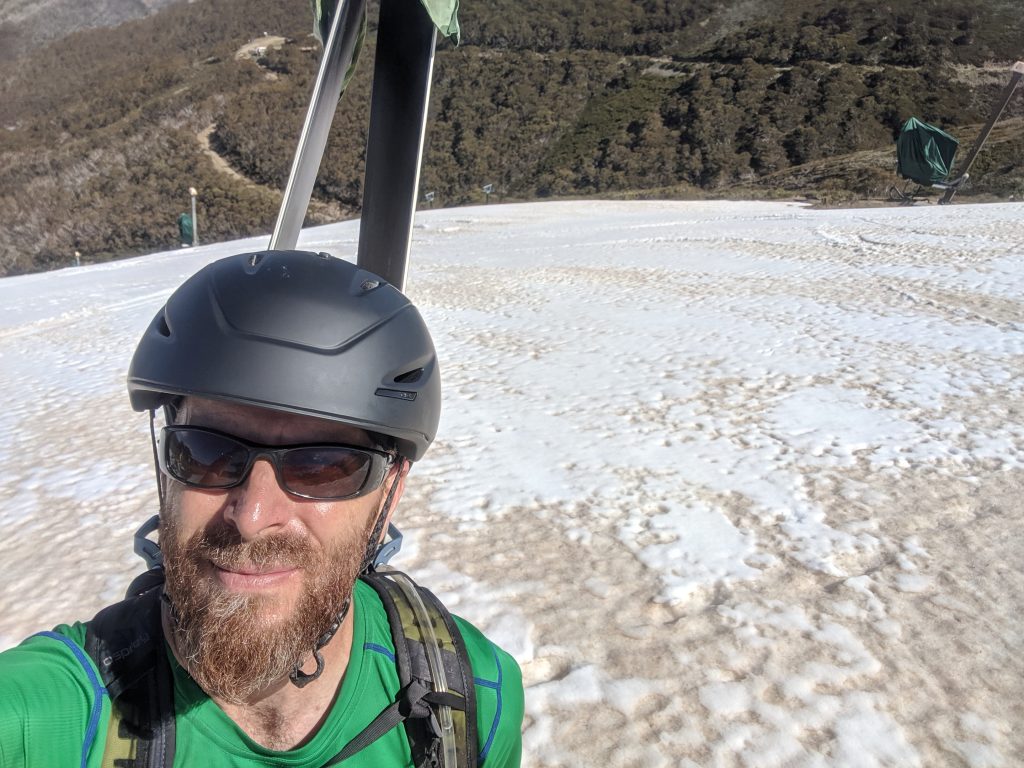
…it’s just a little different from what your regular Hotham experience, or regular skiing experience might be. I wanted to do a live video of some thoughts and feelings I went through on the day, but couldn’t put them into a coherent tale. A few days later, it seems to have solidified. I wanted to talk about adventure, experience, and responsibility.
Adventure
The Oxford dictionary defines adventure a few ways. This one is most topical:
Adventure (Noun): An unusual and exciting or daring experience.
http://english.oxforddictionaries.com/adventure
You can see that talking about experience follows naturally – since after all, it forms part of the definition. We’ll get to that later. I want to first look at the exciting and unusual and daring parts.
We’ve been on quite the adventure this past month. My family and I lived in Bali, Indonesia for a month. We rented a treehouse in Pererenan, and that was our base. We got into the house by rope swing or pole climb every day, then let down a drawbridge. We pooped in a bucket, there were few walls and lots of open spaces. It was an adventure! Which is thematically on point, since our motivation to travel to Bali was to attend the Family Adventure Summit – a meeting of like-minded people who focus their lives on travelling and educating their families ‘on the road’.
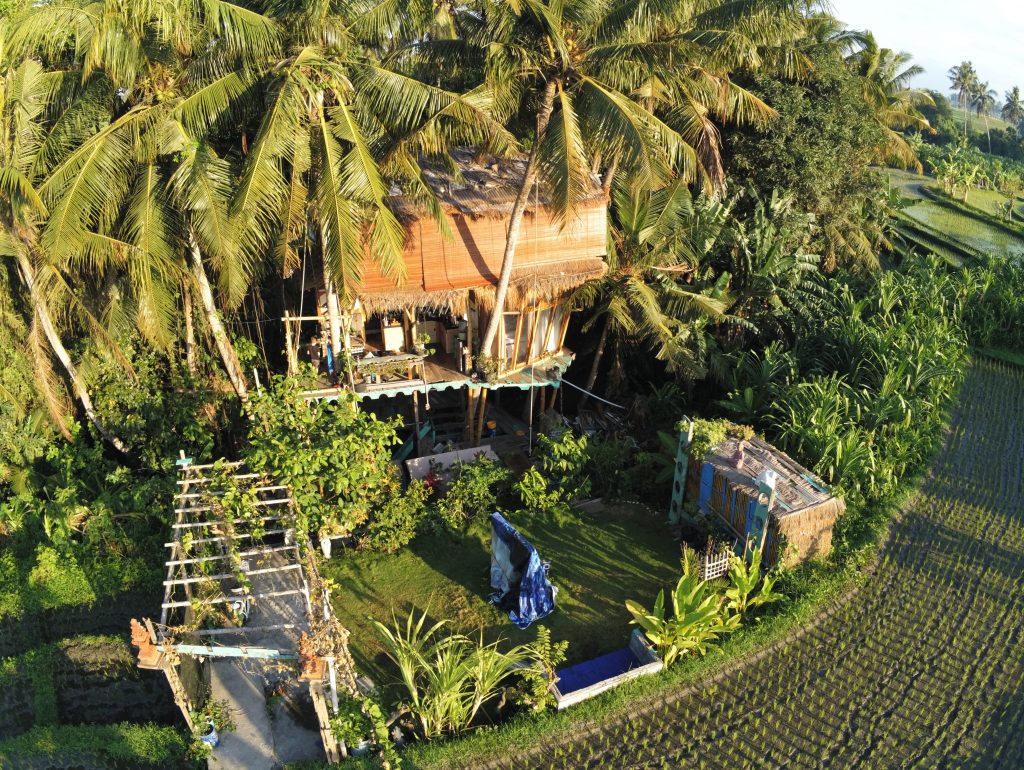
This was quite the revelation – and super refreshing to find a community who cared less about getting a huge debt attached to a house, or having the latest thing X or Y. Instead, focussing more on how to grow into, and with, a planet we are increasingly out of touch with as a society. And more so – raising a new generation of humans who are more conscious of things outside of their ‘usual’ experience.
All of this falls into the space of ‘exciting, unusual, daring’ – bucking conventions in an intentional effort to reshape the world. It is just as defiant as my usual sense of adventure – that focussed physical and mental challenge/discipline of cycling far or fast, going skiing somewhere completely unusual, heading into the wilderness on that popular trope of what ‘adventure’ means. All of these are intentional efforts to reshape myself and my own view of the world, in order to understand both more deeply – and hopefully share what I learn.
…and here is the trick. You cannot come along on my adventure. Just as I cannot come along on yours. Skiing at Hotham – undertaking that unusual and daring day out – I can talk to you about the quiet, the effort, the mental energy, the trepidation at dropping in to steep sketchy ski runs. I can give you images and words and impassioned tales of Bali and her wonders, the leap into the unknown, attempting to cross language barriers and figure out how Bali operates as a society.
…but you can never be there. Even if you are right next to me – your adventure is different to mine. My version of daring and unusual is different to yours. Your version of daring and unusual is different to mine. The lens you see adventure through is shaped differently – by different social, physical, economic and spiritual influences. This brings us to…
Experience
Experience is the thing we seek in adventure. Something drives us to go beyond, to take risks, to seek further. Again, experience is defined a few ways – and we’ll use this meaning:
Experience (Noun): An event or occurrence which leaves an impression on someone.
http://english.oxforddictionaries.com/experience
…although in this context, at least two other meanings could apply:
Experience (Noun): Practical contact with and observation of facts or events.
http://english.oxforddictionaries.com/experience
or:
Experience (Verb): Encounter or undergo (an event or occurrence)
http://english.oxforddictionaries.com/experience
Those two last versions – experience as practical contact and experience as a verb – are what we encounter in the act of adventure. What we – or at least I – seek from adventure is the first – the lasting impression, the wonder. Something tangible at least in a spiritual sense of tangibility to take away. Something which profoundly-if-subtly changes who we are.
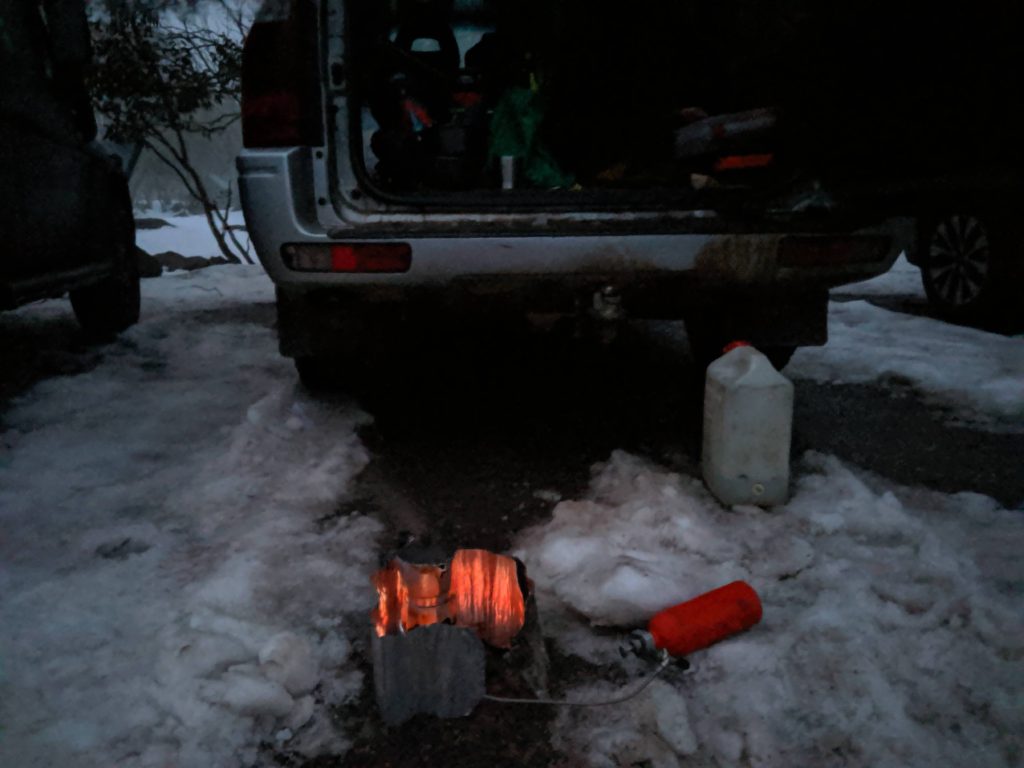
The acquisition of experience is never free. It always costs something. Time, money, energy, health, ethics… always something. Our acquisition of experience always has impact. And our acquisition of experience often reflects the state of our privilege in society.
Living for a month in Bali – it cost more or less a stable home, stable work and a bunch of cash. It also carries costs for people who are not us! Who paid something / anything so that we could experience life in another country for an entire month? To start with – the treehouse we lived in. A family in Bali traded some of their land in order to build the house in which we stayed. How does that decision impact their cultural heritage? how does it impact their way of life? How many other Balinese work solely to support tourists and forget about other ways of living now? And… in a global sense… who pays for allowing Australians to travel cheaply by air?
…and in a much more local sense, skiing at Mt Hotham in October. It was enabled by the fact that there is a road there. I can buy fuel cheaply enough to drive an hour to get there, I can afford to pay for high-tech skis and equipment to make my day fun and safe. And send photos to the world! While it costs me little – what are the costs of that experience? What wild places will never be the same? How is the world irrevocably altered such that I can enjoy a fun day skiing in ridiculous weather and ridiculous conditions?
What are all the things which enable and empower us to take those risks, and dare the unusual in order to gain experiences? Nothing, none of it, comes for free. And these costs are vastly unequally distributed. Could an average Balinese family come and live in Australia for a month? How many people even in Australia have the privilege of just shooting out on a weekday for an audacious day in the mountains?
An adjunct to the cost – hidden and otherwise of our experiences is the question ‘what experiences should we be able to have?’. Examples abound – should we be allowed to climb Uluru – sacred to the Anangu. Should we stand on the summit of Aoraki or any mountain in Te Waka o Aoraki (otherwise known as New Zealand’s south island) – or stop a few feet below, revering the peaks as space for the Atua, traditional spirit guardians of Aoraki and his brothers, who’s bodies form those impressive crags? Should we live in luxurious villas while the people who’s land we visit in order to gain an experience could not possibly afford to occupy our land for the same purposes?
….to summaries these lines of thinking: what are our responsibilities? What do we need to consider as we dare the unusual? As members of a rich colonialist society, how can we engage with the rest of the world, and become re-colonised ourselves rather than the other way around?
Responsibility
Any adventure comes with responsibility – whether we, as adventurers, choose to shoulder our own or not. Somebody has to, eventually. Here, we won’t use the first definition listed by Oxford, we’ll walk down to this one:
Responsibility (Noun): A moral obligation to behave correctly towards or in respect of.
http://english.oxforddictionaries.com/responsibility
As we engage with the world and seek daring and unusual experiences, we have a moral obligation to behave correctly toward our planet and her residents.
What does it mean, to behave correctly?
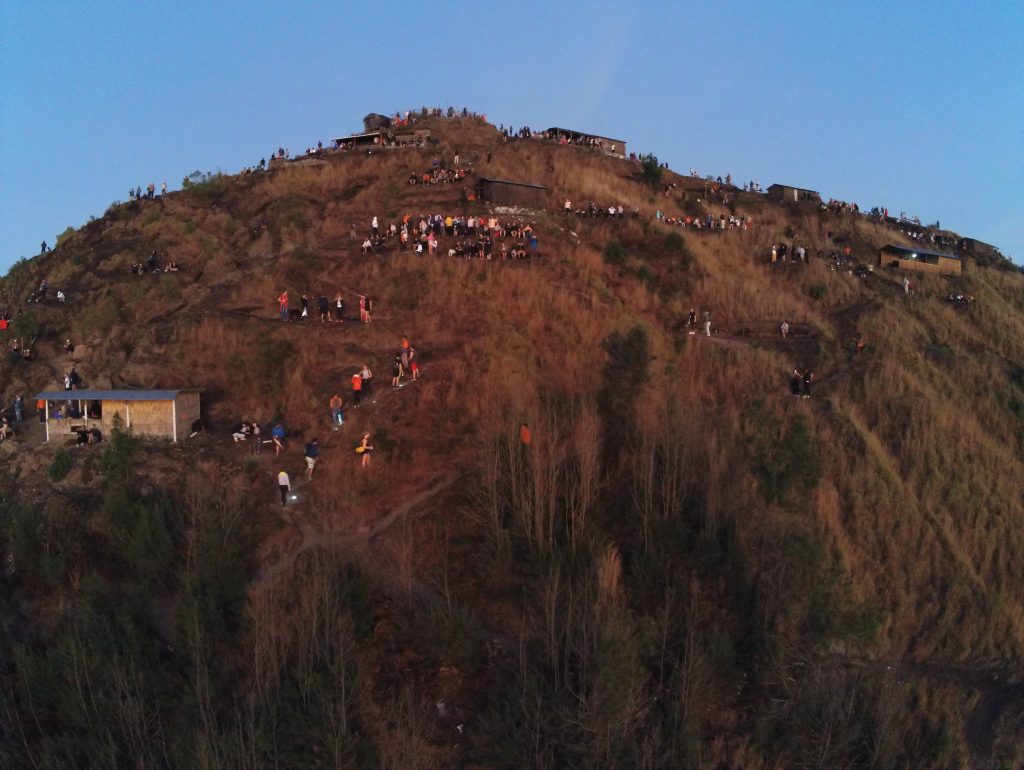
In a western colonialist society this traditionally might mean concepts like manners, saying thankyou, tipping when appropriate, saying sorry if we get really drunk and make a huge mess. Increasingly, and most hearteningly, it means more.
Correct behaviour in 2019 increasingly means ‘be aware of your own wealth and how it impacts those around you’; ‘find ways to help the planet heal from your environmentally harmful travel choices’; ‘use your privilege to raise others up, and most importantly use that privilege to help people in ways they need to be helped’; ‘ask, and listen’.
This requires evolving from the idea of ‘adventure as a colonising activity’ – or ‘adventure as an extractive industry’. Our responsibility, or correct behaviour, demands that as we travel we give back; we raise up; we become connected to our world more deeply. This is the logic of being conquered, rather than conquering. Of being open to receive new concepts in body, mind and spirit – rather than colonising. Of allowing the world and her ways to irrevocably change us, rather than imposing our ways as we travel the world.
We return to our roots here. Even colonialist societies had roots and connections with country once! Northern Europe, the home of my ancestors, is the home of paganism; and ancient practices of observing nature in her cycles and working alongside her. Adventure is one way I’ve tried for many years to rebuild that connection – to revere my mother in the ways indigenous cultures which have survived until today have done for millenia.
Taking responsibility is hard. In Bali, for example, we really just went, absorbed, and took. We tried to use local businesses where we could. Aside from that small effort we didn’t seek out ways to help. We worked on enlightening ourselves, potentially at a cost to others.
Perhaps in future, that can change. In my past adventuring life, I’ve given back little to the communities around me. The path to awareness has been long for me, and the best I can do now is try to shorten that path for others.
Go forth, and be kind, and be conquered
This essay is not meant to be a lecture about responsibility – more of a reflection on my/our own path in the world and things we’ve considered and failed to consider.
Never use the weight of responsibilty as an excuse to stop adventuring! It isn’t heavy at all. My own experiences and adventures have grown deeper and more meaningful as they’ve become less ego-driven and more open-ended missions into the world, to allow myself to be conquered, rebuilt, re-energised, and reshaped. Really the key – to becoming aware of whats happening around me / us, how we impact the word as we move through it – has been kindness. Thinking about how to be kind to places and people, and growing more prepared to take action based on connection with whats going on around us.
So go – adventure, experience, evolve. Be kind, and be conquered.
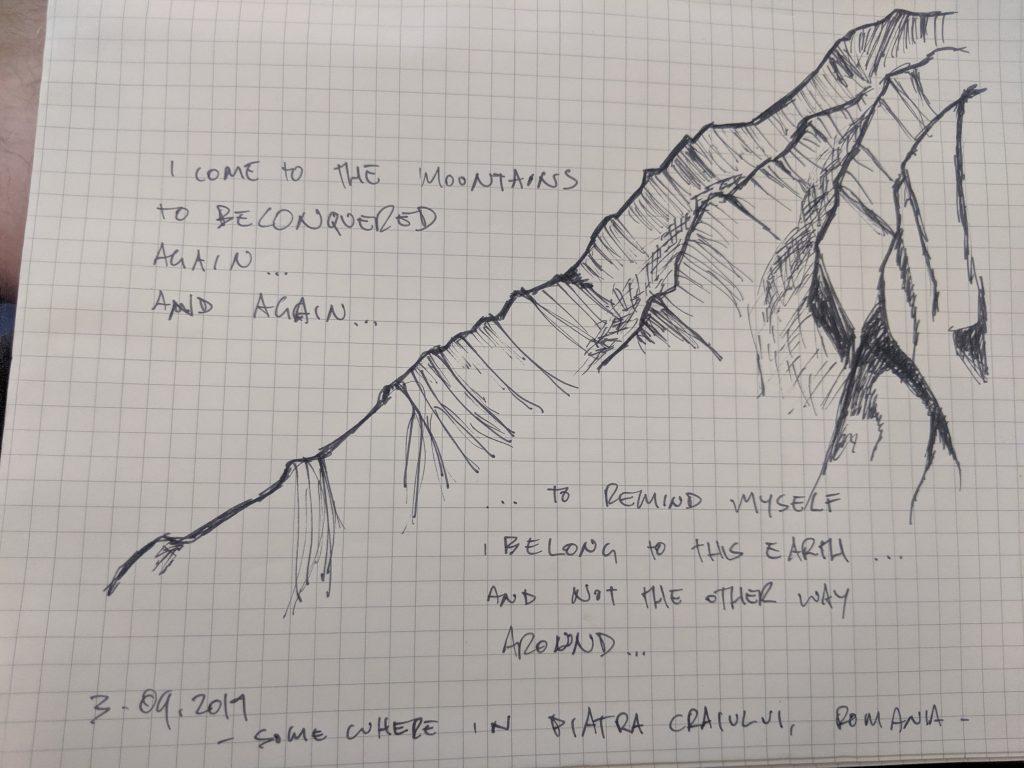
The pseudo-sales-pitch
Everything published at Tools for the revolution is free for you to use, licensed CCBY-4.0, and doesn’t use ads or tracking. You don’t need to subscribe, we don’t want any of your data.
If you find the content here useful to your self-discovery, business or entertainment, you can support production of more stories and open source geo-magick via Paypal; or hire me to do stuff; or invite me to come and talk to a bunch of you about anything here. Enjoy!